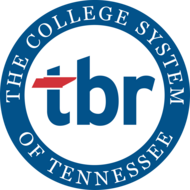
(View Complete Item Description)
"A Boston-born Loyalist and Supreme Court judge in Massachusetts, Peter Oliver condemned the American rebellion as illegal, unfounded, and utterly self-destructive. For his staunch defense of British imperial authority, Oliver was harassed by Sons of Liberty and forced from his judgeship in 1774. In January 1776, he published this address urging Continental soldiers to stop, think, and abandon the Patriot cause. Two months later, he left Boston with the British as they evacuated the town, and he eventually settled in England. In 1781 he published an irate account of the pre-revolutionary period titled Origin and Progress of the American Rebellion. In this address, Oliver responds to a statement issued about two months earlier by the officers of the Continental Army to its soldiers, urging them to remain in the downsized army and stand resolute despite hardship. What is Oliver’s goal in refuting the officers’ plea? How does he work to turn the soldiers against their officers? How does he intensify the impact of his address?"
Material Type:
Primary Source
Author:
Peter Oliver




















